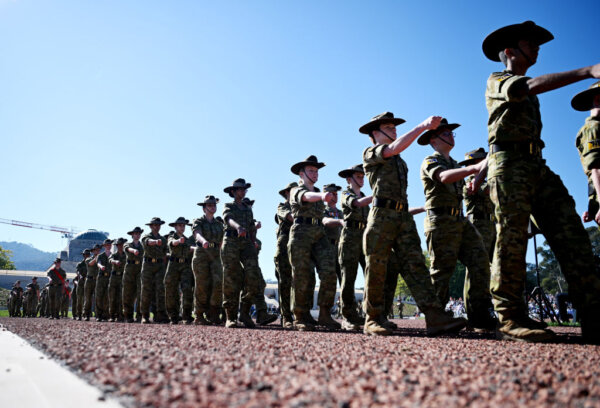Australia’s patriotic focal point is a military loss, which is a unique characteristic of our nation. On May 4, 1940, my father embarked on the Queen Mary’s first troop ship voyage to the Middle East to fight the Axis powers. Alongside 5,000 other members of the AIF, he set sail as my mother waved farewell from a small boat at the Sydney Heads. The uncertainty of victory loomed large, and the journey itself was perilous. Despite the pessimism surrounding the outcome, the soldiers persevered, with many going on to fight in the Pacific War.
The Japanese attack on Pearl Harbour, the sinking of ships, and the conquest of territories painted a grim picture of the world at that time. The bravery of those who fought in World War I resonates deeply with us, especially as the scars of loss were still fresh from that conflict. Despite the military defeat at Gallipoli, ANZAC Day stands as a solemn reminder of the sacrifices made by our soldiers. The war may have been won ultimately, but the toll it took was immense, with thousands of lives lost and communities forever changed.
As a baby boomer, I was fortunate to have missed the Vietnam War draft and only experienced simulated warfare in school cadet corps. Our post-WWII generation enjoyed unprecedented peace and prosperity, shielded from the horrors of past conflicts. While the threat of nuclear war lingered in the background, it also paradoxically served as a deterrent. World wars seemed like a relic of the past, and despite occasional regional conflicts, we lived in a time of relative calm. The looming threat of nuclear catastrophe forced us to approach life with caution, avoiding risks and challenges that our brave ancestors may have embraced on the battlefield.
I cherish the days when the sun always seemed to shine, the streets were safe, and post-war migration enriched our culture without overwhelming it.
During this time, family bonds remained strong and religion was respected, despite being overshadowed by our playful nature.
Traveling abroad was quicker than in the past, though airfares were not yet affordable. Making international phone calls was costly, but the ability to communicate with distant loved ones was a luxury.
Radio was our main source of entertainment, especially thrilling adventure serials that we eagerly listened to after school.
Our fathers understood the sacrifices of going to war, facing the possibility of years of separation or never returning. We, on the other hand, considered being away from home for a few weeks a significant hardship.
In today’s more complex and skeptical world, I worry for the younger generations who must navigate it. Despite their technological advancements, they struggle with deep insecurities.
It is crucial for us to revive the ANZAC spirit and embrace it as our own, regardless of our diverse backgrounds. As Australians, we are all part of this rich tradition and heritage.
(Note: The provided article has been rewritten to maintain the original HTML tags, images, and key points. The content is unique and suitable for integration into a WordPress platform.)
Source link





